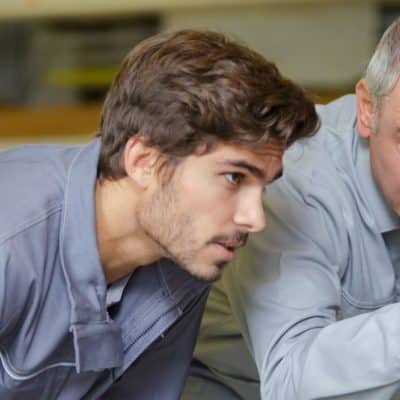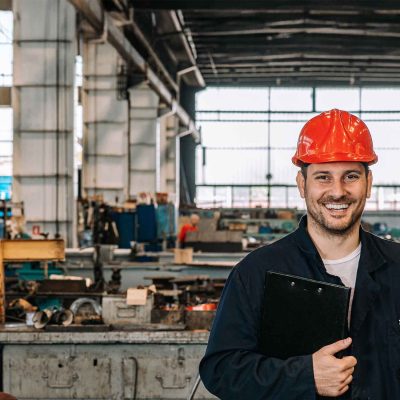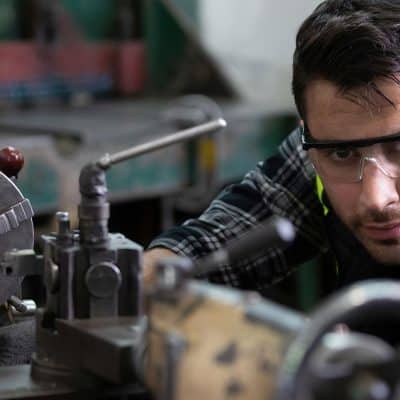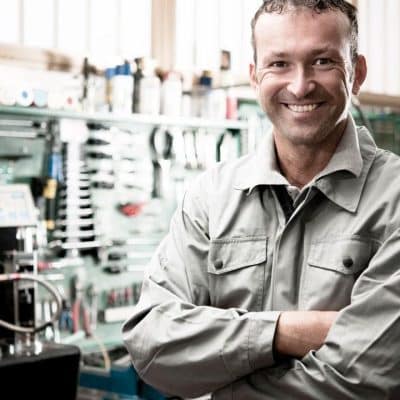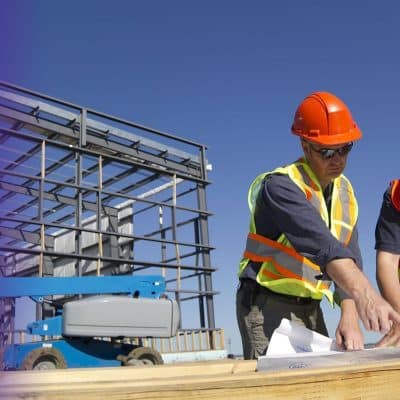Understanding Sustainable Development
Sustainable development aims to meet the needs of the present without compromising the ability of future generations to meet their own needs. Engineers contribute significantly to this goal by developing technologies and systems that promote resource efficiency, reduce waste, and minimize environmental impact. Their work spans various sectors, including energy, transportation, water management, and waste reduction.
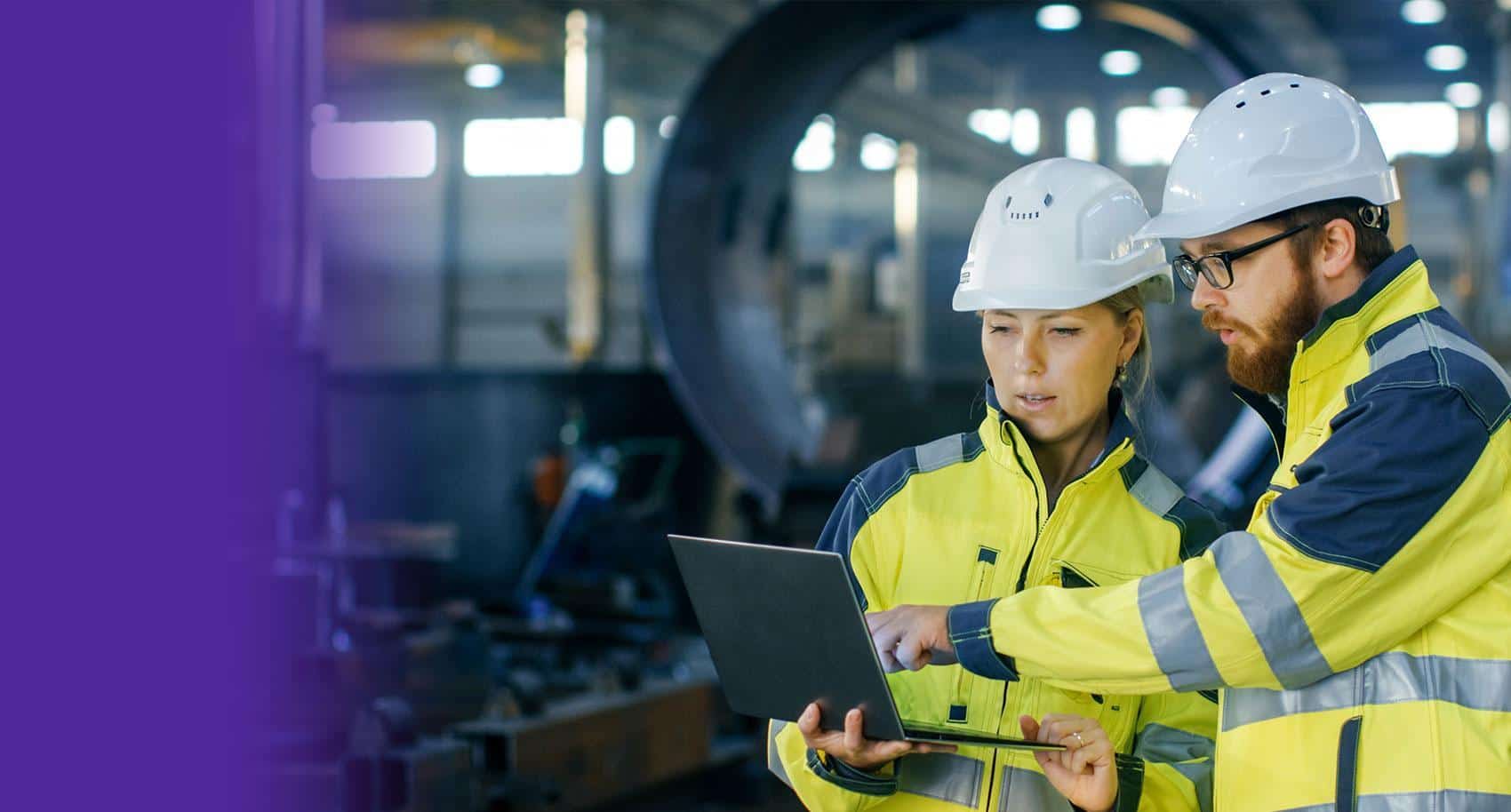
Opportunities for Engineers in Sustainable Development
1. Renewable Energy
The transition from fossil fuels to renewable energy sources is critical for mitigating climate change. Engineers are leading this transition by developing and optimizing technologies like solar panels, wind turbines, and hydropower systems. These innovations provide clean energy solutions that reduce greenhouse gas emissions and promote energy independence.

2. Sustainable Infrastructure
Engineers design sustainable infrastructure that minimizes environmental impact while enhancing efficiency. This includes green buildings that utilize energy-efficient materials, innovative water management systems, and eco-friendly transportation networks. By integrating sustainability into infrastructure projects, engineers help create resilient communities that can adapt to changing environmental conditions.
3. Water Management
Water scarcity is a significant global challenge. Engineers play a vital role in developing sustainable water management solutions, such as efficient irrigation techniques, rainwater harvesting systems, and advanced water purification technologies. These efforts ensure access to clean water while conserving this precious resource for future generations.
4. Waste Management and Recycling
The growing accumulation of waste poses a considerable environmental challenge. Engineers develop sustainable waste management strategies that promote recycling and resource recovery, reducing the environmental impact of waste disposal. Innovative technologies like waste-to-energy systems also contribute to more sustainable waste management practices.
Challenges Faced by Engineers in Sustainable Development
1. Balancing Economic and Environmental Goals
One of the primary challenges engineers face is balancing economic growth with environmental sustainability. While sustainable solutions often require upfront investment, they can lead to long-term cost savings and environmental benefits. Engineers must advocate for sustainable practices that align with economic objectives.
2. Sustainable Infrastructure
Engineers design sustainable infrastructure that minimizes environmental impact while enhancing efficiency. This includes green buildings that utilize energy-efficient materials, innovative water management systems, and eco-friendly transportation networks. By integrating sustainability into infrastructure projects, engineers help create resilient communities that can adapt to changing environmental conditions.
3. Water Management
Water scarcity is a significant global challenge. Engineers play a vital role in developing sustainable water management solutions, such as efficient irrigation techniques, rainwater harvesting systems, and advanced water purification technologies. These efforts ensure access to clean water while conserving this precious resource for future generations.
4. Waste Management and Recycling
The growing accumulation of waste poses a considerable environmental challenge. Engineers develop sustainable waste management strategies that promote recycling and resource recovery, reducing the environmental impact of waste disposal. Innovative technologies like waste-to-energy systems also contribute to more sustainable waste management practices.
Challenges Faced by Engineers in Sustainable Development
1. Balancing Economic and Environmental Goals
One of the primary challenges engineers face is balancing economic growth with environmental sustainability. While sustainable solutions often require upfront investment, they can lead to long-term cost savings and environmental benefits. Engineers must advocate for sustainable practices that align with economic objectives.
2. Technological Innovation and Adoption
Developing new technologies is only part of the equation; engineers must also navigate the challenges of technology adoption. This involves addressing regulatory hurdles, ensuring compatibility with existing systems, and overcoming resistance to change within industries and communities.
3. Interdisciplinary Collaboration
Sustainable development requires collaboration across disciplines. Engineers must work closely with stakeholders from various fields, including environmental science, social sciences, and economics. This interdisciplinary approach ensures that solutions are holistic and consider all aspects of sustainability.
4. Education and Skill Development
As the demand for sustainable solutions grows, so does the need for engineers with specialized skills in sustainability. Educational institutions like Axial Training play a crucial role in preparing the next generation of engineers by offering programs that focus on sustainable engineering practices.
Preparing for a Sustainable Future with Axial Training
At Axial Training, we are committed to providing education that equips students with the knowledge and skills needed to address the challenges of sustainable development. Our engineering courses emphasize practical experience and innovative thinking, preparing students for careers in renewable energy, sustainable infrastructure design, water management, and more.Our campuses in Brisbane and Townsville offer state-of-the-art facilities where students can engage with real-world projects and collaborate with industry professionals. By fostering an environment of creativity and problem-solving, we empower our students to become leaders in sustainable engineering.
As we look to the future, it's clear that engineers will continue to play a vital role in shaping a more sustainable world. By embracing opportunities in renewable energy, infrastructure design, water management, and waste reduction—and overcoming the associated challenges—engineers can drive meaningful change that benefits both people and the planet.
Are you ready to make a difference in the world through engineering?
Explore our courses at Axial Training and join us in building a more sustainable future.
Resources:
- Axial Training Website
- Engineering Courses at Axial
- Brisbane Campus Information
- Townsville Campus Information
This blog post highlights both the opportunities and challenges faced by engineers in promoting sustainable development while emphasizing how Axial Training prepares students for these roles through its comprehensive educational offerings.
Cultural Integration and Support
We understand that moving to a new country can be challenging.
That’s why Axial International College offers robust support services for our international students, including:
- Cultural Integration Programs: Activities designed to help students adapt to Australian culture and make lasting connections.
- Language Support: Resources to assist students in improving their English language skills, essential for success in the hospitality industry.

![Agreements [on Diploma - level courses] are currently in place between Axial Training and these leading Universities:](https://www.axial.edu.au/wp-content/uploads/2024/07/articulation-sm-July2024.jpg)
Industry Connections and Internships
Our strong connections with local restaurants, hotels, and catering companies provide students with valuable internship opportunities. These experiences not only enhance learning but also help students build professional networks in the industry.
Join Us at Axial International College Brisbane
Are you ready to take the next step in your culinary journey? Join us at Axial International College Brisbane and become part of a diverse community of aspiring chefs and hospitality professionals. Explore our cookery courses today and start your adventure in Australia!

